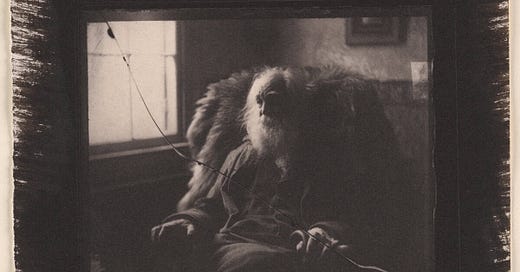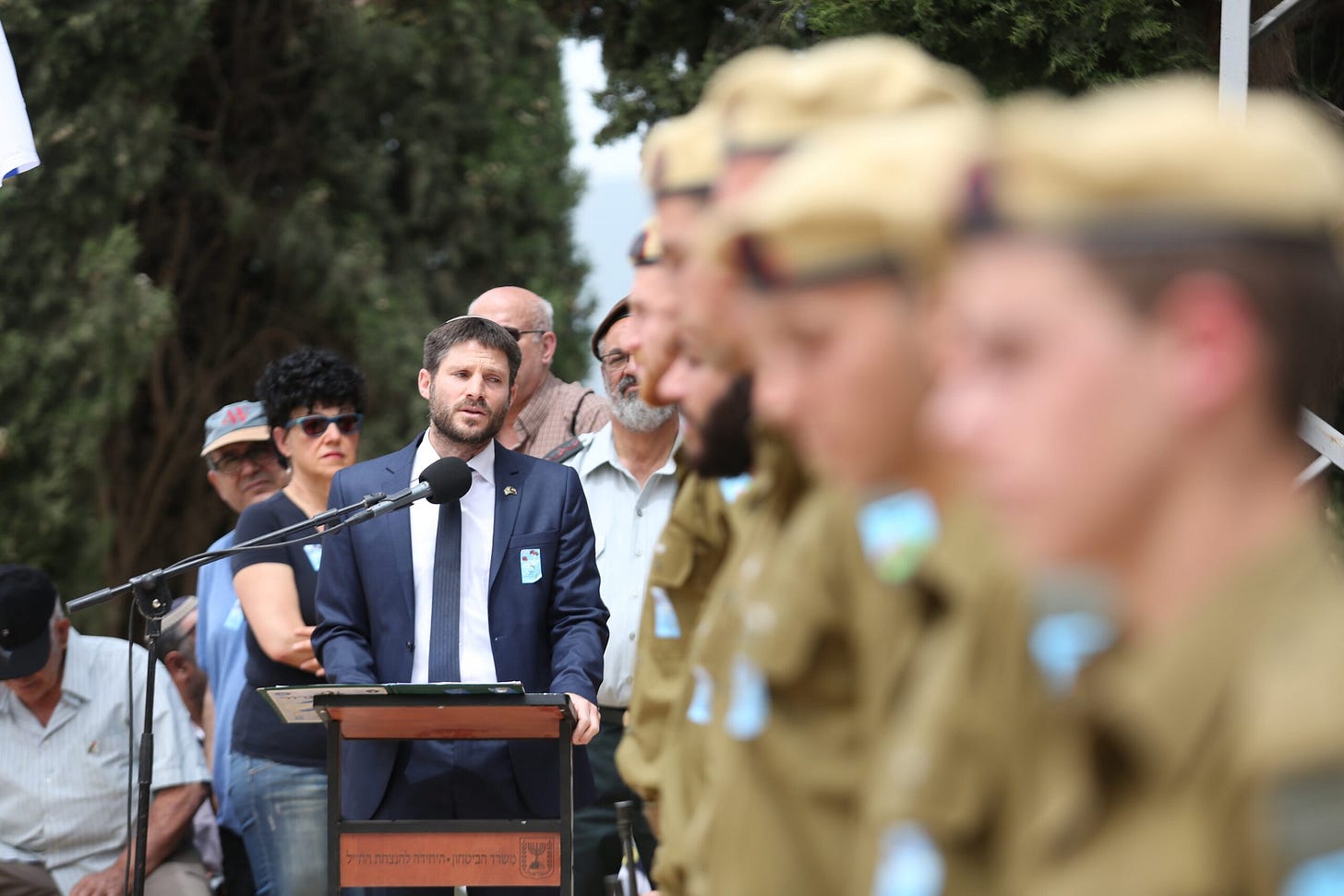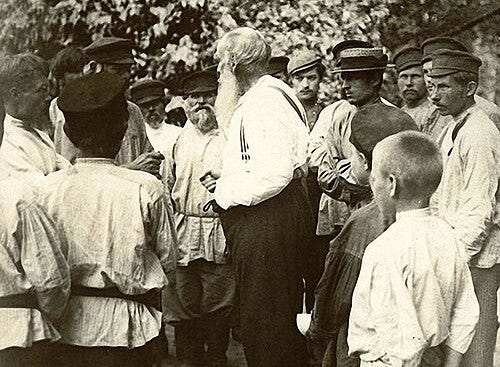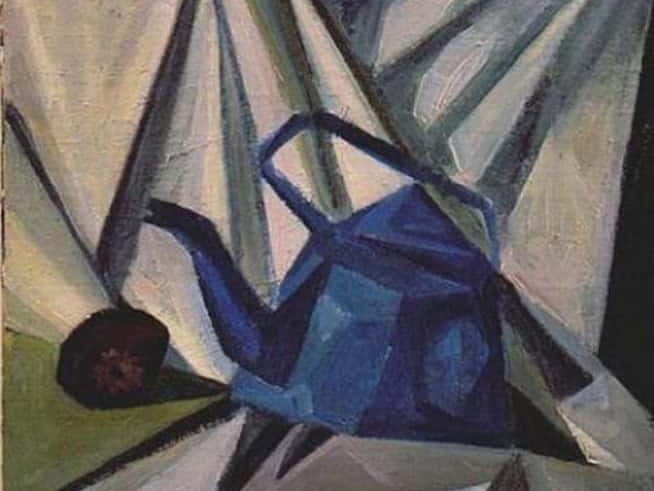Blackmailed by the state
Withheld Palestinian revenues, Whitman's crisis, Tolstoy's call to protest, and more
“The threshold of depersonalization and callous heartlessness has [been] overstepped,” Leo Tolstoy wrote, in a letter translated into English for the first time by Inessa Medzhibovskaya. “The very same young people whom the government is prepping in the specialty of stupefaction and depredation of the populace have refused to continue in this vocation of serving the government’s demands.”
Today, “terror isn’t an abstraction when you’re tensed for the next assault,” Susan Yelavich writes, in her review of Paul Lynch’s Prophet Song.
Israel holds the Palestinian Authority hostage by freezing its clearance revenues, Lamees Farraj argues. And Yahia Lababidi finds that headlines like “Trump considering US-led Iraq-style occupation of Gaza” reflect “the slow erosion not just of institutions but of belief itself.”
This week at Public Seminar, many of our authors find hope in the power of fiction and poetry to challenge authority and think through crisis. It’s there, Gina Chung points out to Mikayla Emerson, that we can collapse and extend time. In other words, gain a little more freedom, a little more life.
How Israel Freezes Palestinian Salaries
Lamees Farraj
Israeli occupation of Palestine oppresses the Palestinian people using every possible tool and method—including control over people’s livelihoods. Some of this economic warfare is highly visible: the destruction of economic infrastructure in Gaza, the prevention of Palestinian laborers from accessing the Israeli job market, and the restriction or denial of aid. More inconspicuous—but no less powerful—is Israel’s weaponization of clearance revenues as a suffocating pressure tool against the Palestinian Authority.
Whitman, Spiritual Decay, and the Last Light of American Faith
Yahia Lababidi
I have lived in the United States for nearly 20 years, long enough to witness the transformation of disquiet into a kind of surreal nightmare. Today’s headlines—Trump considering US-led Iraq-style occupation of Gaza—read like parodies of empire, yet they are alarmingly real. The assault on the arts, the muzzling of dissent, the replacement of culture with content: All contribute to the sense that the air itself is not safe to breathe, poisoned by the very deceit Whitman diagnosed. One feels the slow erosion not just of institutions but of belief itself.
Mining Memories for Fiction
Gina Chung and Mikayla Emerson
Gina Chung: Like any writer, I’m obsessed with language and interesting words and turns of phrases. As someone who speaks and writes in primarily English and who also grew up in an immigrant household, I’m really interested in forms of English that we would call “broken English.”
“The lesson here, she tells me, is that fear is no reason not to be brave.” Read an excerpt from Gina Chung’s new story collection, Green Frog, courtesy of the author and Vintage Books.
Leo Tolstoy Salutes the Student Movement in Russia
Leo Tolstoy, translated by Inessa Medzhibovskaya
The cabriolets are whooshing past at a fast trot. They are carrying noble ladies who—on their prowl for fashion—will be splurging left and right from the illicit lucre of their husbands and lovers. The ministers and directors sit around in their committees and inspections in anticipation of a paycheck with an extra for overtime. The tsar and his royal kin parade the troops on their resplendent horses and fantasize about a redesign for uniforms. Meantime, some of the moujik peasants and their wives squelch their way through wet mud in their bast shoes, scavenging for food scraps under melting ice. Others are seeking justice against their oppressors.
A Dystopian Novel for Our Times
Susan Yelavich
On one level, the premise of Prophet Song (Oneworld, 2023), the recent Booker-winning novel by the Irish writer Paul Lynch, is simple enough: It’s about the existential dilemmas a mother faces in an authoritarian state. But on every other level, Prophet Song exceeds the expectations of a dystopian tale. Instead of locating it in a speculative Orwellian setting, Lynch places it in modern-day Republic of Ireland. Uncannily immersive, the novel penetrates the attending states of confusion, fear, and panic so viscerally that it transcends the logic of narrative.








